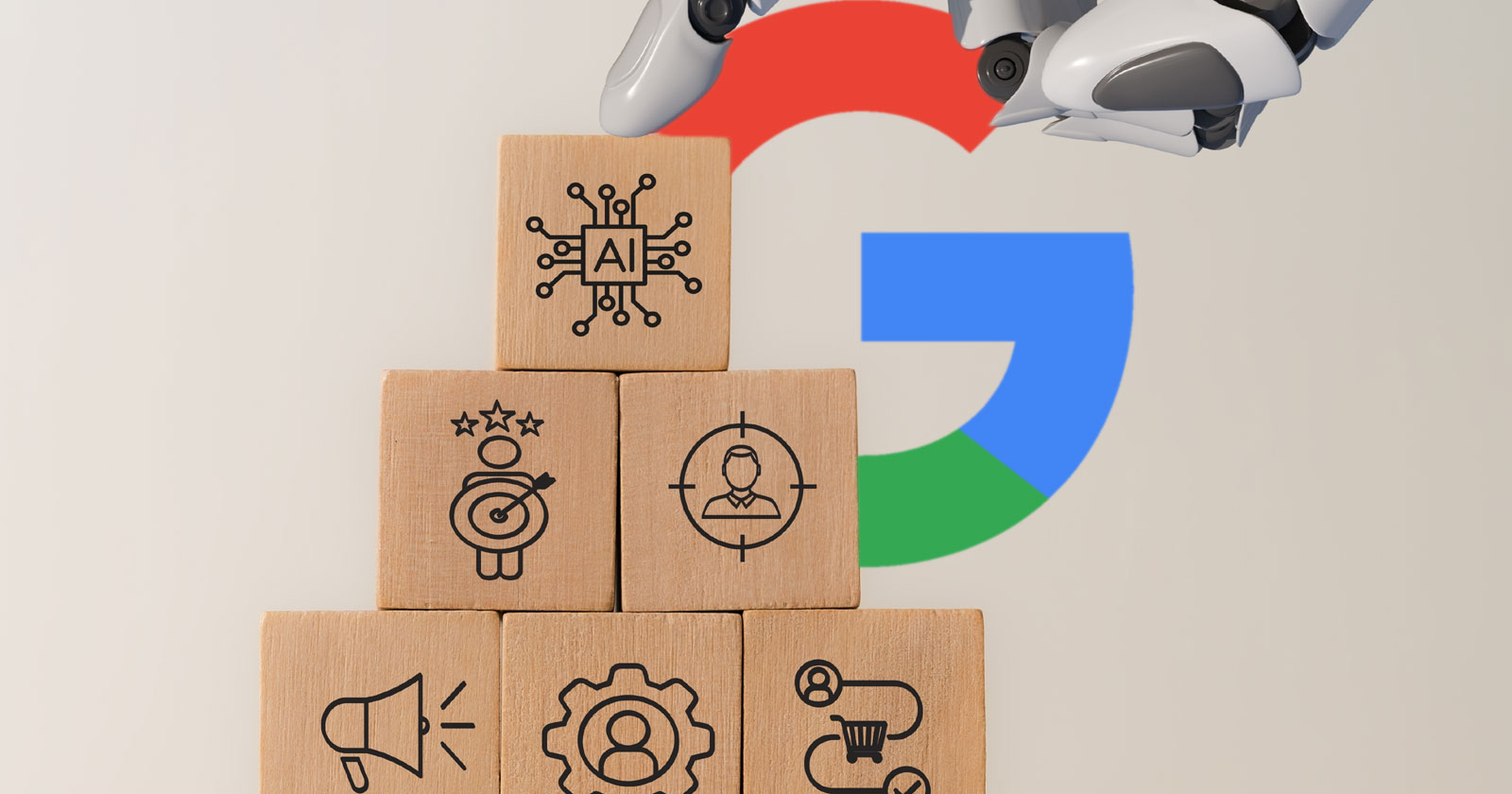
A sharp-eyed Australian SEO spotted indirect confirmation about Google’s use of AI detection as part of search rankings that was hiding in plain sight for years. Although Google is fairly transparent about content policies, the new data from a Googler’s LinkedIn profile adds a little more detail.
Gagan Ghotra tweeted:
“Important FYI Googler Chris Nelson from Search Quality team his LinkedIn says He manages global team that build ranking solutions as part of Google Search ‘detection and treatment of AI generated content’.”
Googler And AI Content Policy
The Googler, Chris Nelson, works at Google in the Search Ranking department and is listed as co-author of Google’s guidance on AI-generated content, which makes knowing a little bit about him
The relevant work experience at Google is listed as:
“I manage a large, global team that builds ranking solutions as part of Google Search and direct the following areas:
-Prevent manipulation of ranking signals (e.g., anti-abuse, spam, harm)
-Provide qualitative and quantitative understanding of quality issues (e.g., user interactions, insights)
-Address novel content issues (e.g., detection and treatment of AI-generated content)
-Reward satisfying, helpful content”
There are no search ranking related research papers or patents listed under his name but that’s probably because his educational background is in business administration and economics.
What may be of special interest to publishers and digital marketers are the following two sections:
1. He lists addressing “detection and treatment of AI-generated content”
2. He provides “qualitative and quantitative understanding of quality issues (e.g., user interactions, insights)”
While the user interaction and insights part might seem unrelated to the detection and treatment of AI-generated content, the user interactions and insights part is in the service of understanding search quality issues, which is related.
His role is defined as evaluation and analysis of quality issues in Google’s Search Ranking department. “Quantitative understanding” refers to analyzing data and “qualitative understanding” is a more subjective part of his job that may be about insights, understanding the “why” and “how” of observed data.
Co-Author Of Google’s AI-Generated Content Policy
Chris Nelson is listed as a co-author of Google’s guidance on AI-generated content. The guidance doesn’t prohibit the use of AI for published content, suggesting that it shouldn’t be used to create content that violates Google’s spam guidelines. That may sound contradictory because AI is virtually synonymous with scaled automated content which has historically been considered spam by Google.
The answers are in the nuance of Google’s policy, which encourages content publishers to prioritize user-first content instead of a search-engine first approach. In my opinion, putting a strong focus on writing about the most popular search queries in a topic, instead of writing about the topic, can lead to search engine-first content as that’s a common approach of sites I’ve audited that contained relatively high quality content but lost rankings in the 2024 Google updates.
Google (and presumably Chris Nelson’s advice) for those considering AI-generated content is:
“…however content is produced, those seeking success in Google Search should be looking to produce original, high-quality, people-first content demonstrating qualities E-E-A-T.”
Why Doesn’t Google Ban AI-Generated Content Outright?
Google’s documentation that Chris Nelson co-authored states that automation has always been a part of publishing, such as dynamically inserting sports scores, weather forecasts, scaled meta descriptions and date-dependent content and products related to entertainment.
The documentation states:
“…For example, about 10 years ago, there were understandable concerns about a rise in mass-produced yet human-generated content. No one would have thought it reasonable for us to declare a ban on all human-generated content in response. Instead, it made more sense to improve our systems to reward quality content, as we did.
…Automation has long been used to generate helpful content, such as sports scores, weather forecasts, and transcripts. …Automation has long been used in publishing to create useful content. AI can assist with and generate useful content in exciting new ways.”
Why Does Googler Detect AI-Generated Content?
The documentation that Nelson co-authored doesn’t explicitly states that Google doesn’t differentiate between how low quality content is generated, which seemingly contradicts his LinkedIn profile that states “detection and treatment of AI-generated content” is a part of his job.
The AI-generated content guidance states:
“Poor quality content isn’t a new challenge for Google Search to deal with. We’ve been tackling poor quality content created both by humans and automation for years. We have existing systems to determine the helpfulness of content. …Our systems continue to be regularly improved.”
How do we reconcile that part of his job is detecting AI-generated content and Google’s policy states that it doesn’t matter how low quality content is generated?
Context is everything, that’s the answer. Here’s the context of his work profile:
“Address novel content issues (e.g., detection and treatment of AI-generated content)”
The phrase “novel content issues” means content quality issues that haven’t previously been encountered by Google. This refers to new types of AI-generated content, presumably spam, and how to detect it and “treat” it. Given that the context is “detection and treatment” it could very well be that the context is “low quality content” but it wasn’t expressly stated because he probably didn’t think his LinkedIn profile would be parsed by SEOs for a better understanding of how Google detects and treats AI-generated content (meta!).
Guidance Authored By Chris Nelson Of Google
A list of articles published by Chris Nelson show that he may have played a role in many of the most important updates from the past five years, from the Helpful Content update, site reputation abuse to detecting search-engine first AI-generated content.
List of Articles Authored By Chris Nelson (LinkedIn Profile)
Updating our site reputation abuse policy
What web creators should know about our March 2024 core update and new spam policies
Google Search’s guidance about AI-generated content
What creators should know about Google’s August 2022 helpful content update
Featured Image by Shutterstock/3rdtimeluckystudio
